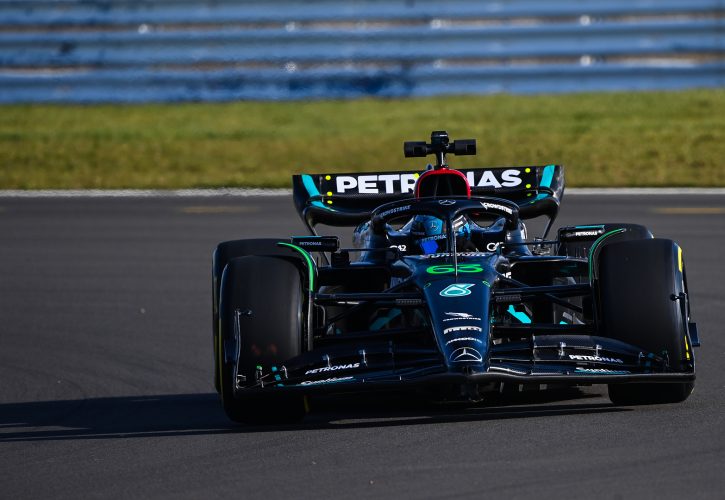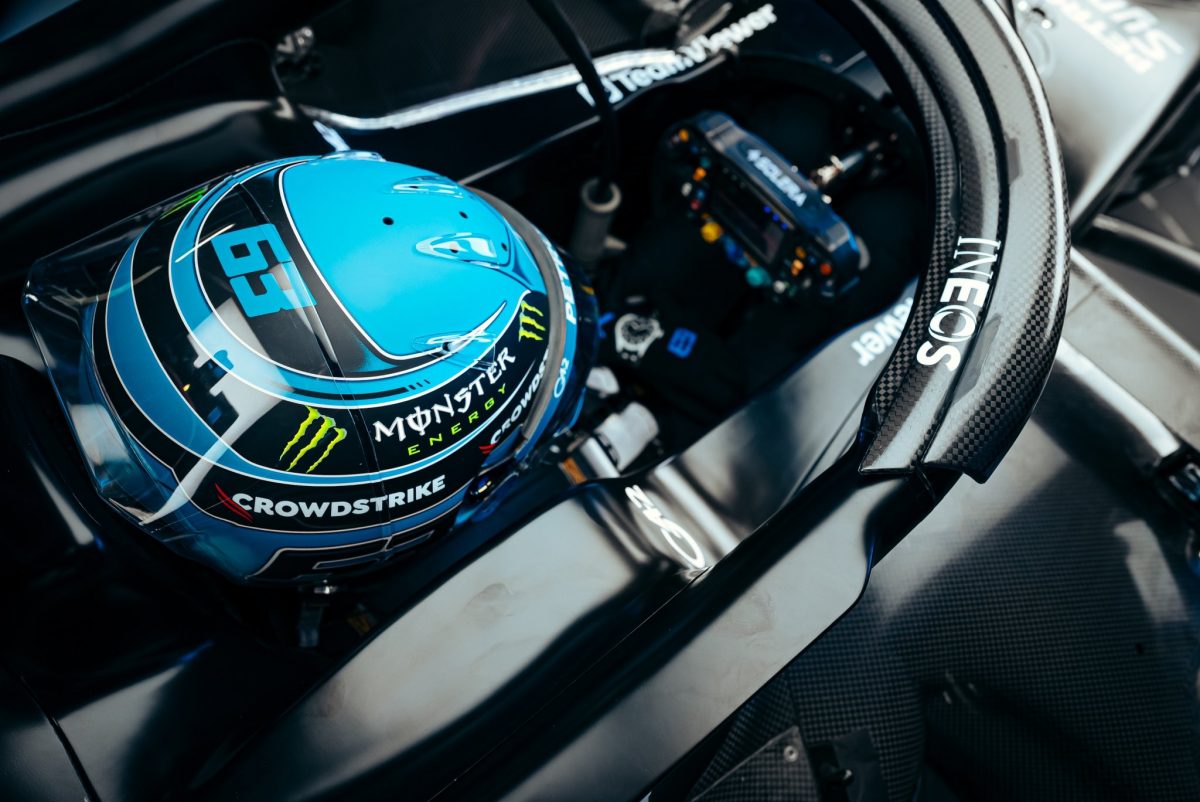
Mercedes believes that three days of pre-season testing for F1 isn't enough for a team to identify a new design's potential issues given the current level of reliability of F1's cars.
After pulling the covers off their new cars, F1 teams will travel to Bahrain in the coming days to set up shop at Sakhir ahead of a busy two weeks, with pre-season testing kicking off on February 23 and followed a week later by the opening race weekend of the season.
They say that preparation is the mother of success, but three days of running in Bahrain – with just one car – is too short a stretch to fully test and trial a new design according to Mercedes technical director Mike Elliott.
"With only three days of testing this year, that has two big impacts," explained Elliott at the team's presentation of its new W14 at Silverstone on Wednesday.
"The first is in reliability. If we are not reliable in the test, then we will have very limited mileage to learn. We also won’t be able to measure the car’s absolute reliability too much, because over three days you are not going to get huge amounts of running.

©Mercedes
"These cars are now so reliable that you need more mileage than three days to really start seeing some of the issues.
"The second big impact is that we’ve got to use our limited time as efficiently as possible. We’ve got to learn as much as we can, to work out how to get the most performance out of the car and what we can learn to feed into the next developments."
George Russell echoed Elliott's comment from the driver's perspective. The Briton was able to stretch his legs last week thanks to a Pirelli tyre test, but the Mercedes driver also believes that three days offers too little time to get up to speed after a winter break.
"Personally speaking, I don’t think three days is enough," he said.
"You’ve got to remember from a driver’s perspective, that is one and a half days per driver.
"We were fortunate to do the tests last week, but had we not, that would have been, I don’t know, getting on to 12 weeks out of the car from Abu Dhabi to Bahrain.”
"I think three days with two cars would probably be a good place to be, and I think that would probably be the best compromise for all of the reasons why we’re trying to limit it."

© Mercedes F1
Despite the constraint on track time, Elliott believes Mercedes will kick into gear next week as well prepared as possible to assume its heavy workload, having fully exploited in the past few months its simulation tools back at its base.
"As we develop the car throughout the winter, we test as much as we can on rigs," said the Mercedes engineer.
"We do everything we can to make sure that the car is reliable, and that the performance we expect is measured as best as we can.
"When we arrive at pre-season testing, we want to be as prepared as we can be but there is no substitute for the real thing. It’s running the car around a real, live racetrack that will help us learn.
"Although we go into testing this year as prepared as we have ever been, doing all the work that we need to in three days will still be tough."
Keep up to date with all the F1 news via Facebook and Twitter






